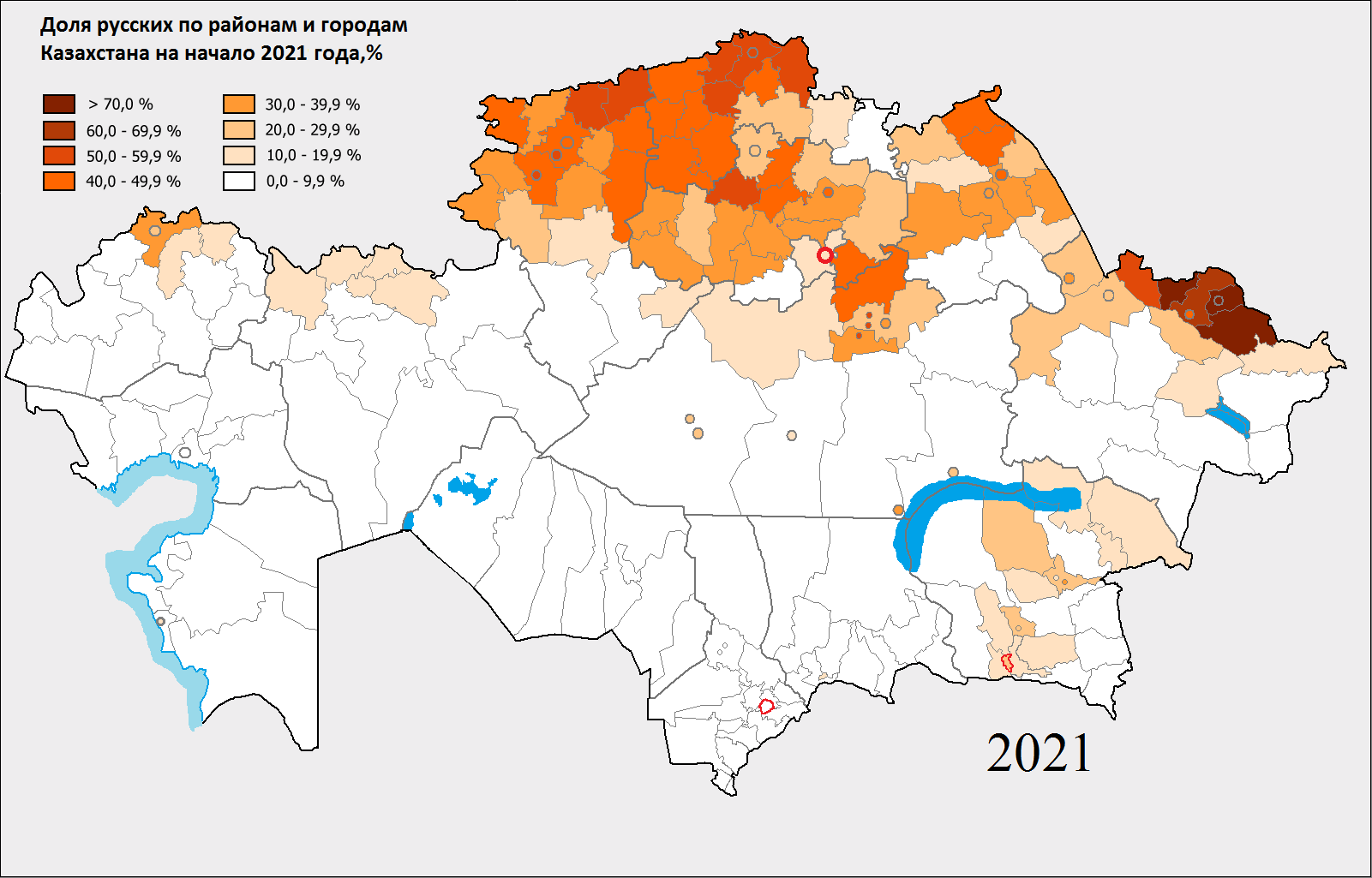Very possible. I certainly wouldn't be surprised if the grain in southern Russia and Ukraine helped feed the people of Moscow and Leningrad in early 1943 and beyond. That area is a very productive breadbasket, at least in theory.
FWIW, IIRC, these deportations of tens of millions of Eastern Slavs to Siberia, et cetera were apparently supposed to happen over 25 or 30 years, so they weren't all going to be done immediately or anything close to it. Maybe a million or two million Eastern Slavs get deported to Siberia each year for 25 or 30 years. And maybe the Poles are thrown in there as well if the Nazis want them gone as well.
My point on the 1st issue is that grain crops are harvested in the autumn - when the region was largely in German hands - so whether their winter or spring sown the food wouldn't be available until autumn 43. Unless there is evidence that crops sown in 42 weren't either ravaged by the war or taken in large quantities by the occupying Germans? That's why I was doubtful of what was being said.
On the 2nd that would be logical although you still have a lot of people being moved into the region. OTL I think Siberia reached its maximum population under the post-war USSR of about 50-60 million with a lot of mineral development especially being demanded by the central government. Since the collapse of the USSR it has been dropping as people have been moving to better climates and job opportunities in the European provinces of Russia. Checking here it says that the population of Siberia and the Russian Far East was ~30 million in 2010.
According to the Russian Census of 2010, the Siberian and Far Eastern Federal Districts, located entirely east of the Ural Mountains, together have a population of about 25.6 million. Tyumen and Kurgan Oblasts, which are geographically in Siberia but administratively part of the Urals Federal District, together have a population of about 4.3 million. Thus, the whole region of Siberia (in the broadest usage of the term) is home to approximately 30 million people.[84] It has a population density of about three people per square kilometre.
As such I suspect a lot of those people if sent east after a Nazi conquest would die or at least have a very hard time.




